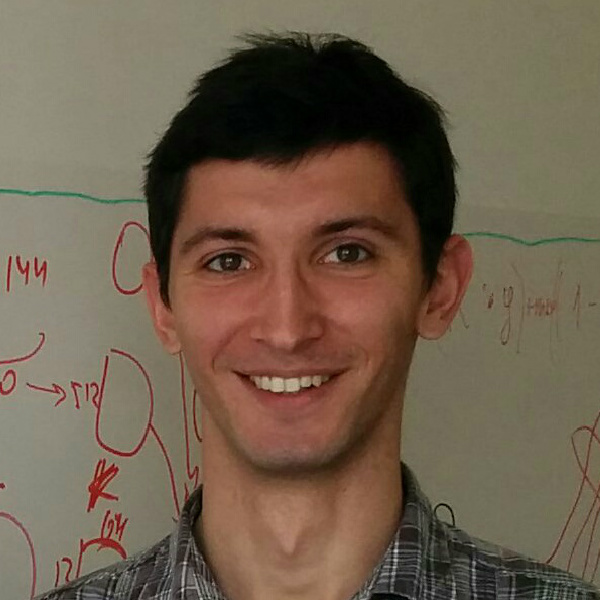About
-
I am CEO and co-founder of in3D where we create an SDK for 3D body scanning with a smartphone. Previously, I worked at Samsung AI, Yandex Research, Google. Together with colleagues, I published more than 10 papers at major venues such as CVPR, ICML, ECCV, AAAI.
-
Creator of co-train.space
-
I received PhD degree in computer vision at Skoltech. It was an honor to be supervised by Prof. Victor Lempitsky and Prof. Andrea Vedaldi.
-
I am a prize winner in 10 various data science contests (see resume). I have created a course about competitive data science on Coursera.
Selected publications
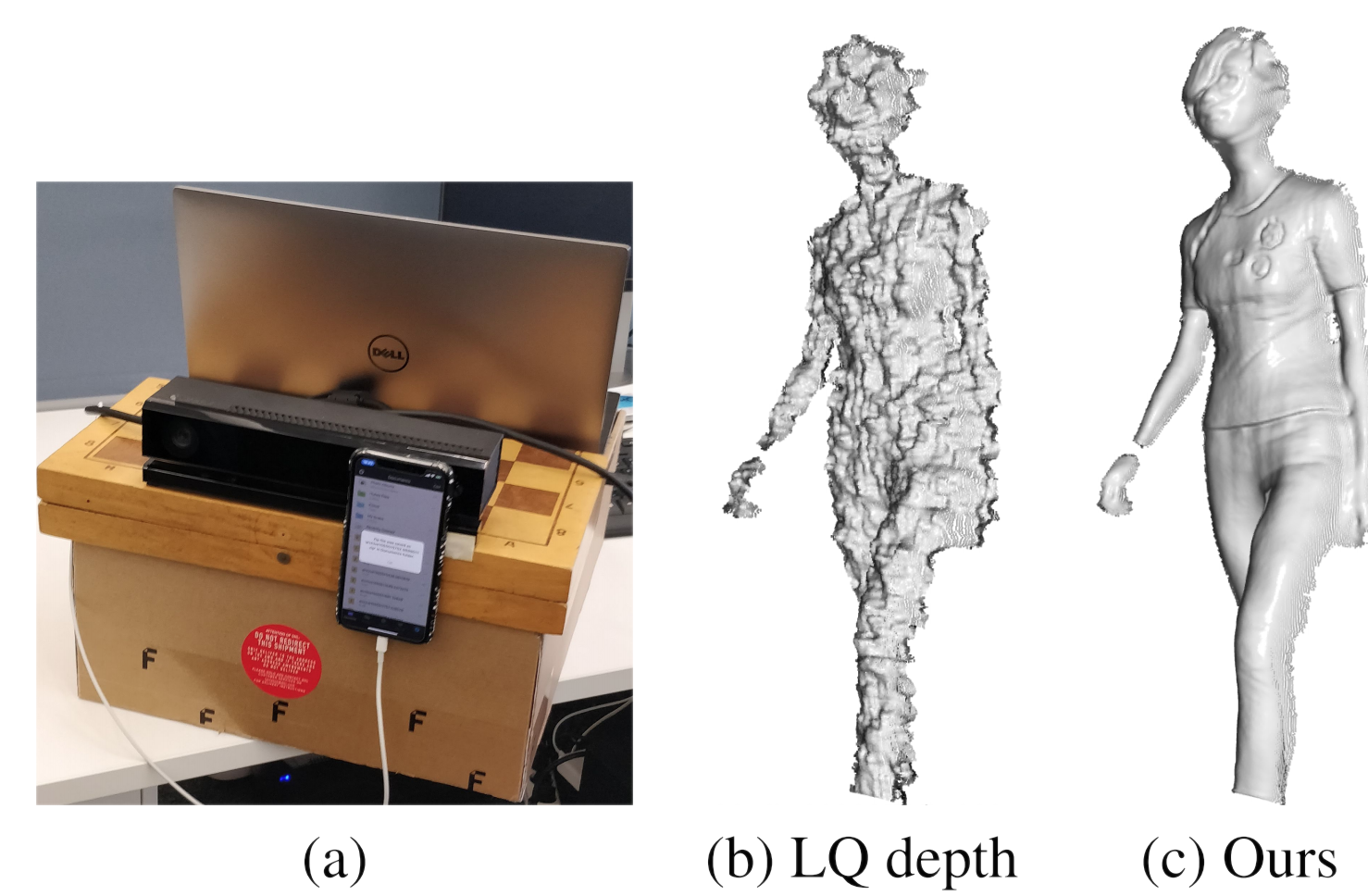
Self-supervised Depth Denoising Using Lower- and Higher-quality RGB-D sensors
3DV 2020
We propose a pipeline for learning to denoise depth images. We collect a dataset using a pair of sensors and train a deep model to perform the denoising. The data collection is straighforward and does not require any hardware syncronization and complex calibration.
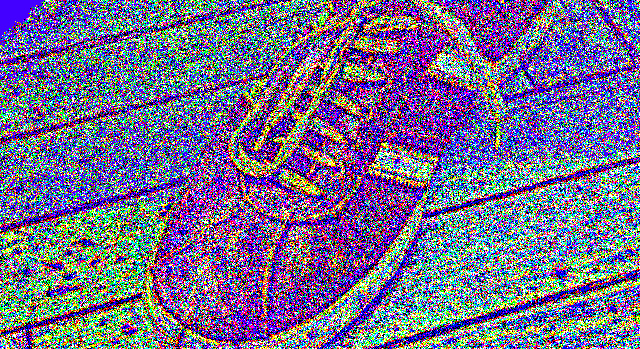
Neural Point-Based Graphics
ECCV 2020
We propose a neural-based photo-realistic rendering pipeline that builds upon pointclouds. To render an image we project descriptors of the pointcloud to camera and apply a ConvNet to get an RGB image. Descriptors and the ConvNet are leared on real videos thus the rendering is realistic.
Textured Neural Avatars
CVPR 2019
We present a system for learning full-body neural avatars, i.e. deep networks that produce full-body renderings of a person for varying body pose and camera position. Our system estimates an explicit two-dimensional texture map of the model surface and uses a fully-convolutional network to directly map the configuration of body feature points w.r.t. the camera to the 2D texture coordinates of individual pixels in the image frame.
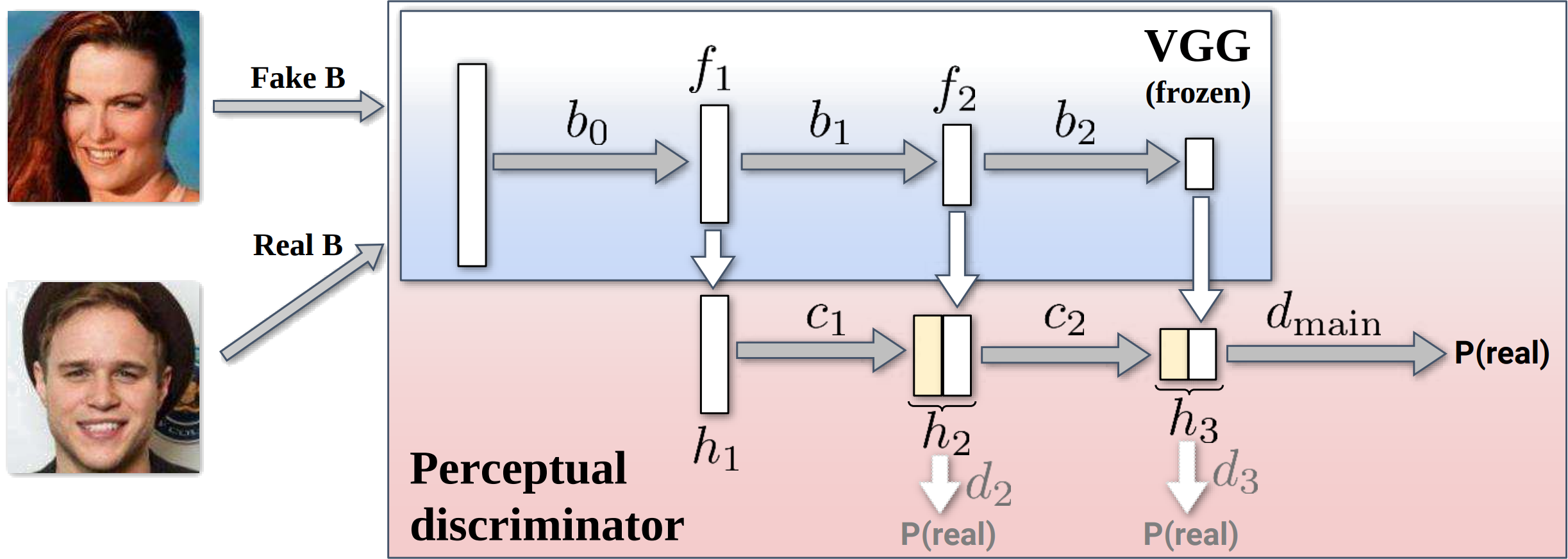
Image Manipulation with Perceptual Discriminators
ECCV 2018
Perceptual losses and losses based on adversarial discriminators are the two main classes of learning objectives behind these advances. In this work, we show how these two ideas can be combined: we use adversarial learning on top of perceptual features and improve SOtA in image translation.
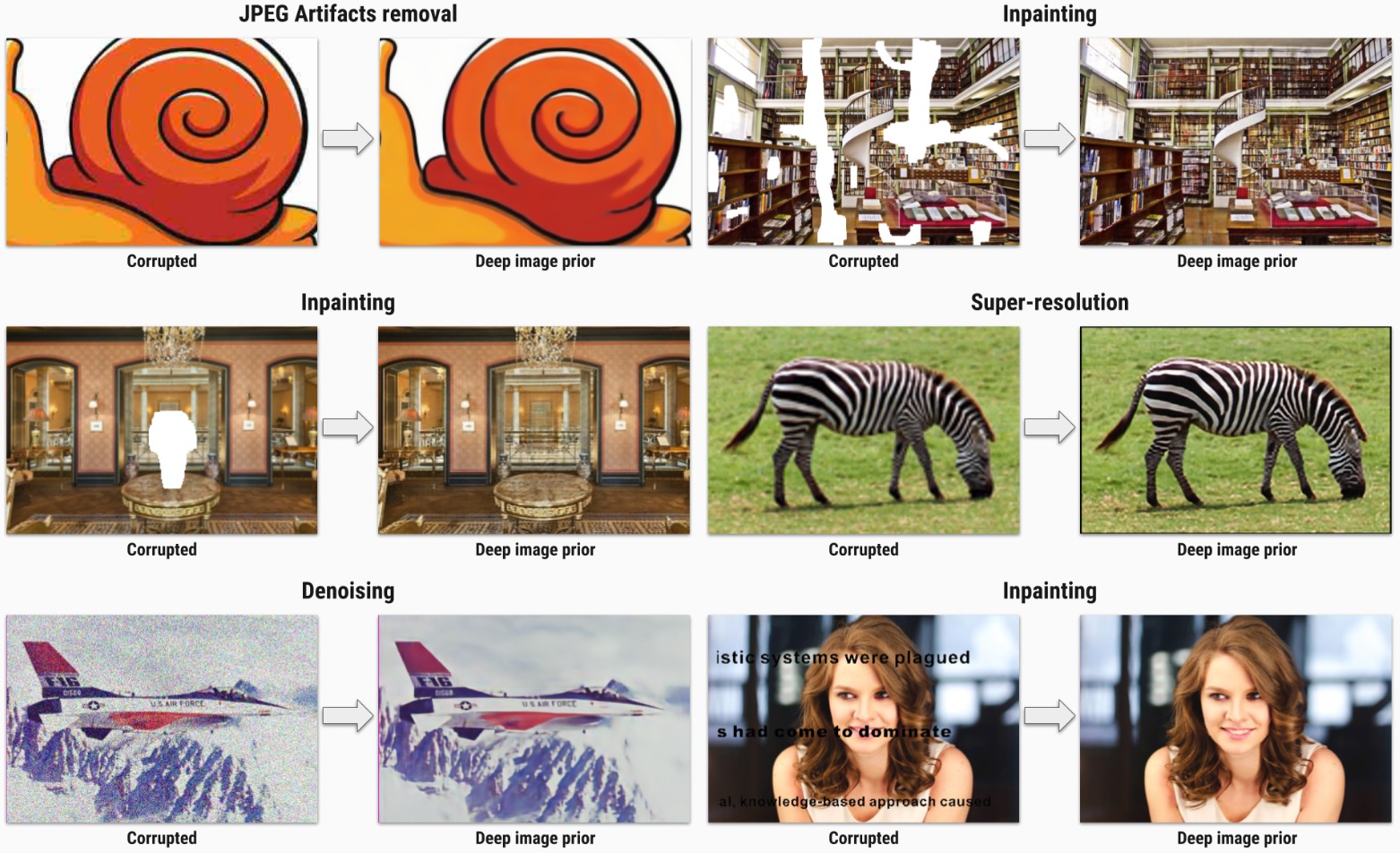
Deep Image Prior
CVPR 2018
In this paper we show that a randomly-initialized neural network can be used as a handcrafted prior with excellent results in standard inverse problems such as denoising, super-resolution, and inpainting.

It Takes (Only) Two: Adversarial Generator-Encoder Networks
AAAI 2018 (oral)
We present a new autoencoder-type architecture, that is trainable in an unsupervised mode, sustains both generation and inference, and has the quality of conditional and unconditional samples boosted by adversarial learning.
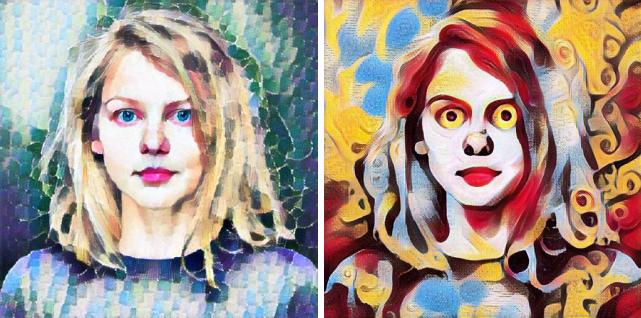
Improved Texture Networks: Maximizing Quality and Diversity in Feed-forward Stylization and Texture Synthesis
CVPR 2017
We introduce Instance Normalization for a better stylization and derive entropy loss which improves samples diversity for both texture synthesis and stylization.
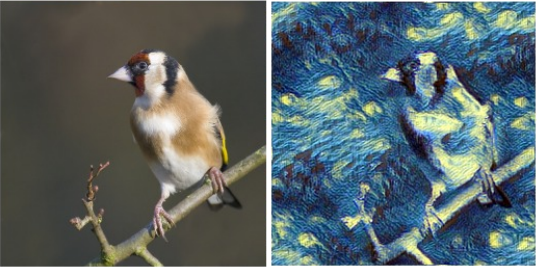
Projects
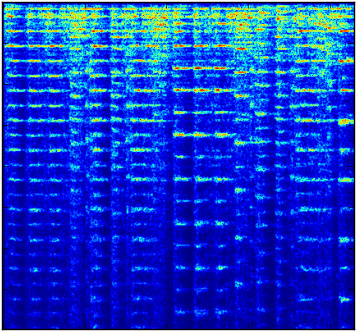
Neural Texture Synthesis and Style Transfer for Audio
We present an extension of texture synthesis and style transfer method of Leon Gatys et al. for audio. Joint work with Vadim Lebedev.
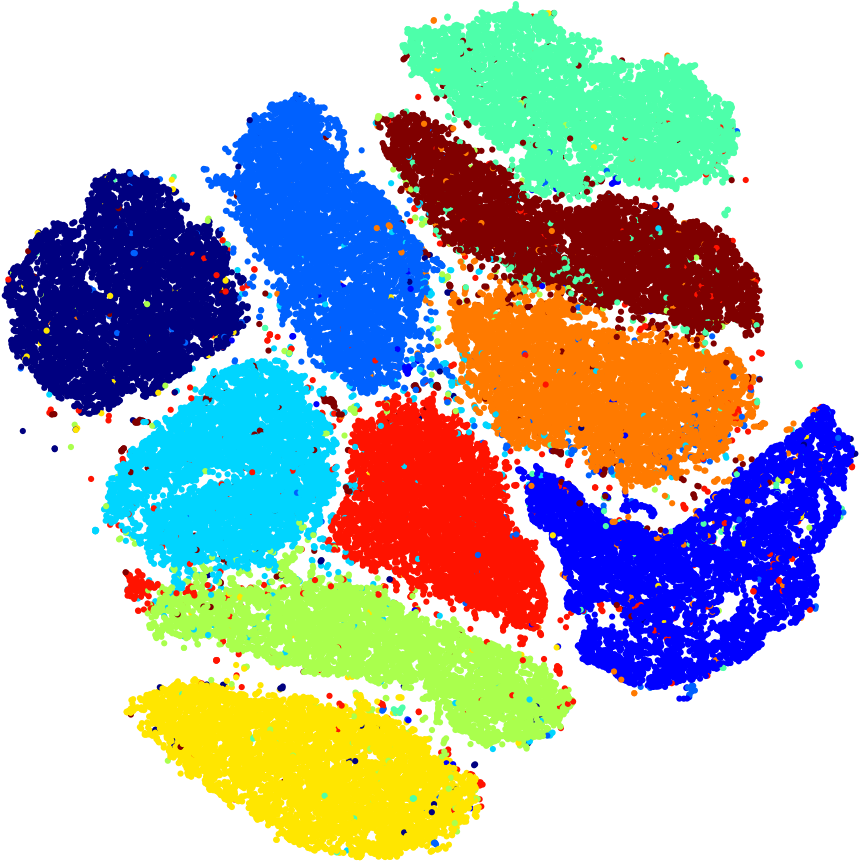
Multicore t-SNE
A multicore modification of L. Van der Maaten's Barnes-Hut t-SNE with python and Torch CFFI-based wrappers. The code also works faster than sklearn.TSNE on 1 core.
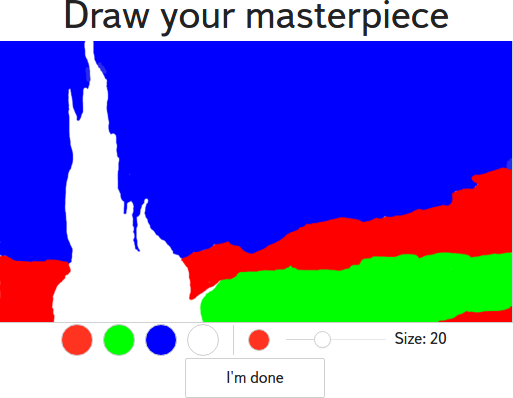
Online Neural Doodle
"Fast neural doodle" + "Texture Nets" = "Online neural doodle". Feed-forward generator allows real-time applications so we've built a web demo likeMonet.
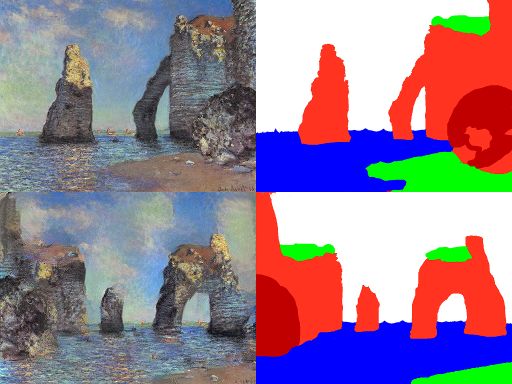
Fast Neural Doodle
Neural doodle using gram matrices matching as opposed to original patch-based method.
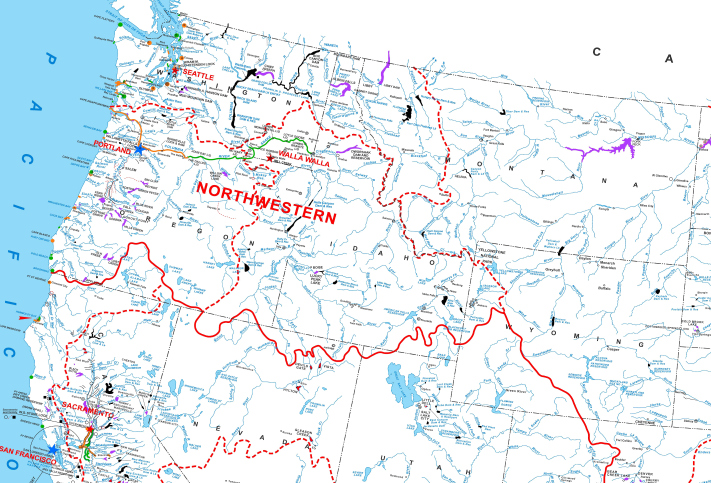
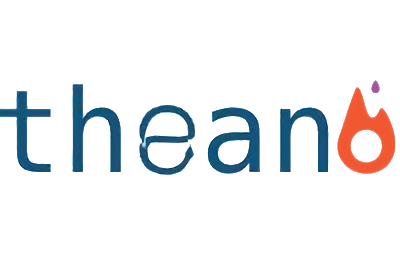

TeX publishing util
A utility, that prepares a latex project for packaging and publication. It removes redundant files, comments, flattens file structure.
